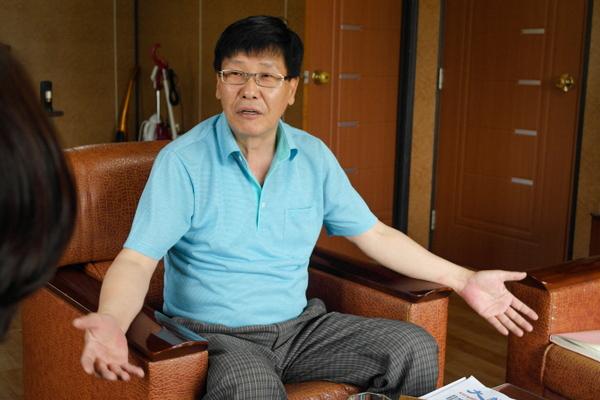On the heels of a massive surge of protests in various cities in Sichuan, Hainan, Gansu and Guangdong Provinces by the China’s taxi drivers, the strike has now become nationwide following an organized strike held on December 1 in Guangzhou City by more than 10,000 angry drivers.
Although authorities have taken a few steps to improve the income for taxi drivers, the steps taken so far are regarded as only a drop in the bucket and protests have only escalated.
According to several people who are familiar with the industry, at first glance it appears that cabbies have resorted to striking because it is difficult to make a living. However, the greater reason behind it is a massive breakout of conflicts resulting from corrupt management in the car rental industry.
The massive protests which are currently being made by over two million taxi drivers are raising questions among Chinese citizens as to whether or not the issue can be dealt with properly and how the cabbies are going to be able to make a living in the future.
The early 1990’s were considered the golden age for Chinese taxi drivers. During that era, doctors, taxi drivers, factory managers and those responsible for the procurement of enterprises were regarded as the most elite careers and were the ideal pursuit of young Chinese women.
The repeated protests reveal the critical problem with the monopolized taxi system in China. Currently taxi licenses are granted to taxi companies by the local government. In the beginning, taxi franchises were transferred free of charge or at a low rate. However, the taxi franchises have been monopolized by some companies to drive up the price of operating a franchise. In some cities the cost of licensing has skyrocketed past one million Yuan (approx USD $145,000).
On November 12, the website eastday.net remarked, “With the implementation of the administrative licensing system, taxi services which were supposed to be a part of the public resources has instead become privilege of a small number of companies.”
Currently the system is being exploited because companies are acquiring a license from the government through bidding and then will subcontract their franchise to small companies, who in turn subcontract the franchise to individual drivers. From there, individual drivers may also subcontract their license to alternate drivers. Because of this, driver profits are being exploited level after level.
When meeting with taxi drivers, Chongqing City Deputy Mayor Huang Qifan said that taxi companies take away about 70 percent of driver’s earnings. After deducting the cost of vehicles, taxes and management overhead, the annual net profit per car for most taxi companies is around 40,000 Yuan (approx $5800 USD). “It may be the most profitable business in the world,” declared Huang. However, taxi drivers themselves only make about 2,000 Yuan (approx $290 USD) per month.
Quite a few cabbies have said that the strikes in Chongching City and other places are not an accident, as they’ve been appealing to the government for a long time and the issues haven’t been dealt with in a timely manner. Several cabbies also blamed the management of the Chinese Communist Party (CCP) for turning a blind eye to the general public’s best interests.
Taxi Monopoly System Sparks Cabbie Strikes Across China
On the heels of a massive surge of protests in various cities in Sichuan, Hainan, Gansu and Guangdong Provinces by the China’s taxi drivers, the strike has now become nationwide.

Taxi drivers around China have staged strikes to protest exploitation by taxi companies. Getty Images
|Updated:




